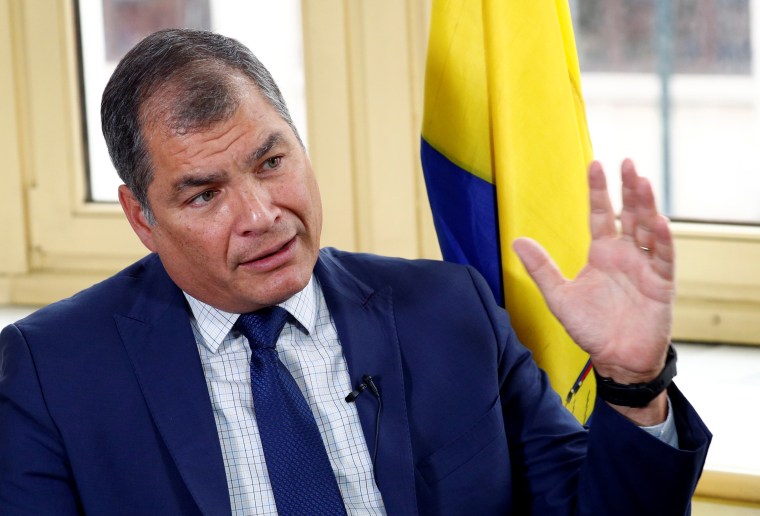New York, December 23, 2021 — The Committee to Protect Journalists today welcomed a recent decision by the Inter-American Court of Human Rights to hold Ecuador responsible for violating the right to free expression in a 2011 libel suit against the El Universo newspaper.
“The Inter-American Court’s decision in the El Universo case offers long-overdue international recognition of one of the most flagrant examples of officials’ use of defamation laws to harass the press during Rafael Correa’s presidency,” said CPJ Latin America and the Caribbean Program Coordinator Natalie Southwick. “The ruling leaves no doubt that it is past time for Ecuador to repeal its outdated and dangerous criminal defamation laws.”
The criminal suit, brought by then President Correa, was filed against El Universo journalist Emilio Palacio Urrutia and three executives at the outlet after it published a column by Palacio that referred to Correa as a “dictator” and accused him of giving troops permission to fire on a hospital during a police uprising in September 2010, an accusation that Correa denied.
In July 2011 an Ecuadorian court sentenced the defendants to three years in prison and ordered them to pay $40 million in fines, and in 2012 the country’s highest court upheld the convictions. Following the latter decision, Correa announced that he had pardoned the four. Palacio had already fled to the United States, where he was granted asylum in August 2012, according to reports.
On December 21, the Inter-American Court of Human Rights issued an announcement stating that, in November, it had ruled that the Ecuadorian state had violated the defendants’ rights, including the right to free expression, and called on authorities to annul their past convictions. Ecuador made a partial acknowledgment of responsibility for failing to guarantee those rights, according to the ruling.
